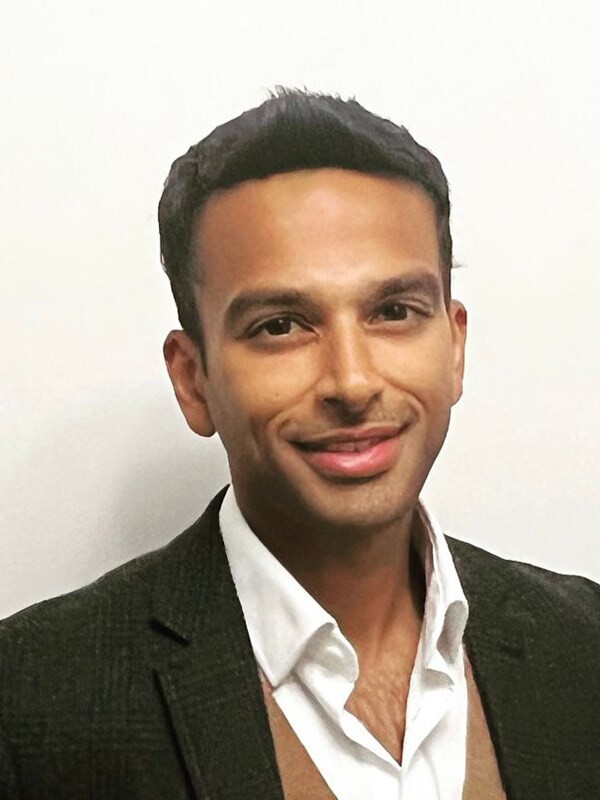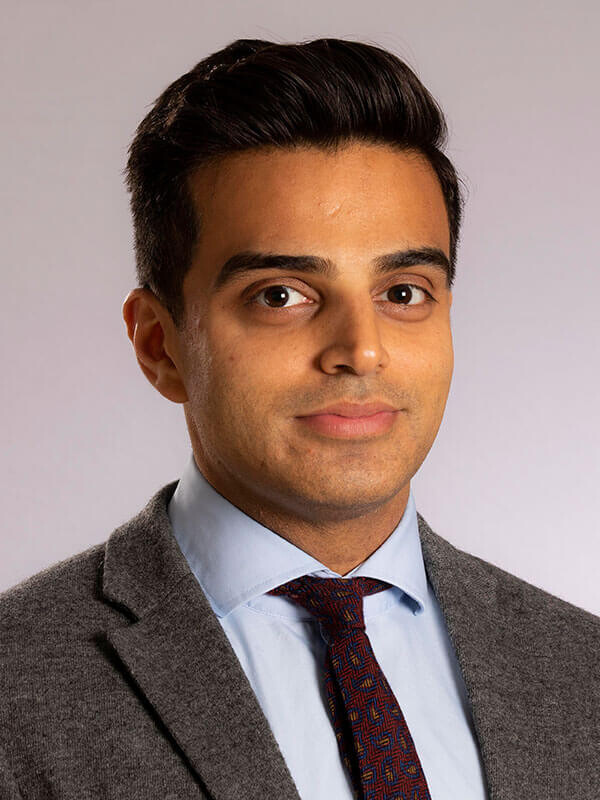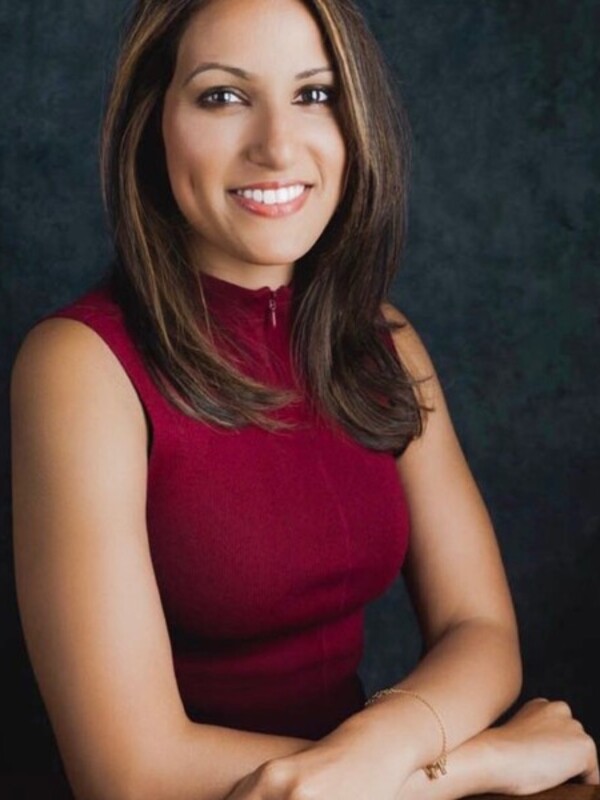Main Second Level Navigation
- News
- Events
- PsychNews
- Mindfest
- Donald Wasylenki Education Day
- The Future of Psychotherapy Conference
- Department of Psychiatry Research Day
- Annual University of Toronto Psychopharmacology Conference
- Professorial Lectures
- Psych Refresh
- TEAM Scholarship Day
- Impact: Psychiatry Articles that Change Treatment
Breadcrumbs
- Home
- News & Events
- News
- Faculty giving ignites global innovation
Faculty giving ignites global innovation
The Toronto Global Innovation Fund aspires to transform Global Mental Health

The Department of Psychiatry’s new Toronto Global Innovation Fund is supporting global mental health research and education activities around the world.

The Fund was initially created by gifts from faculty members and siblings Drs. Ishrat Husain, Mina Husain, and Omair Husain; these gifts were matched by the Department and enhanced by gifts from other faculty members. The Fund focuses on Department activities in Pakistan and other low and middle-income countries (LMICs).
The Fund addresses under-served areas where evidence shows that increased resources can have real impacts. It endeavours to optimize the effects of evidence-based solutions, exploring new and emerging treatments that may be beneficial both in LMICs but also in countries like Canada. It supports mental health research capacity building, research to close care gaps, and skill development for psychiatry.
The idea for the Fund emerged naturally as Ishrat and Omair were discussing the resources that have helped them build their careers and make a difference in the field of global mental health.
“We recognized that we’d benefited from funding from the Department of Psychiatry. That’s why we wanted to create a fund here,” says Omair. “Mentorship and seed funds have been instrumental to getting us to a stage in our career where we can foster scientific change and begin implementing clinical change.”

“The mentorship and support the Department has given me has created a lot of opportunities,” says Ishrat. “The Academic Scholar Award I received led to my first federal grant for work in a low-resource setting.”
The Fund’s global vision and scope also reflects the experiences that have shaped the Husain siblings on a more personal level.
“We had the privilege to experience multiple cultures and different parts of the world in our lives and our training as physicians and scientists,” says Omair. “Those experiences make it obvious that there are disparities within life, healthcare, and science.”
“We’ve benefited from this globalized world. We wanted to reflect the lessons we’ve learned and provide others with the opportunity to explore global perspectives,” says Ishrat.
For the Husains, giving back is a family tradition that they learned at a young age.

“It’s really fulfilling for us – giving back is part of how we were raised,” says Mina. “Our parents started a fund for girls who lack access to education in Pakistan and we had opportunities to contribute to it as we grew up.”
The Husains have seen how patients in LMIC settings can participate in and contribute to global mental health projects. One of Fund’s first projects is evaluating the impact of measurement-based care on the treatment of depression in Pakistan.
“Measurement-based care involves using a system of consistently tracked metrics to monitor a patient’s progress and outcomes,” says Ishrat. “Evidence from high-income countries shows that when you use measurement-based tools patients experience more improvement in their symptoms…it is a saleable tool that is not yet implemented in most healthcare settings.”
Through this trial, over 150 patients with depression received evidence-based care across Pakistan.
“In addition to directly helping patients, this project also provided hands-on experience for junior scientists and enhanced research capacity and capability in Pakistan. These are long-term benefits that will reverberate throughout the health care system,” says Omair.
Global mental health work doesn’t only assist those in low-resource settings. There are always reciprocal advances and lessons that can be applied in Canada.
“In places like Pakistan, less than 1% of the national health budget will go to mental health,” says Omair, “If you can come up with creative strategies to deliver care within those budget restraints, then you’re on to something that can help the rest of the world.”
“Resources for mental health are limited, even in Toronto and the GTA. Strategies developed in low resource settings can help us deliver more care for Canadians,” says Ishrat.
Ontario and other parts of Canada need creative ways to deliver healthcare more effectively and efficiently. Urban centers like Toronto are highly diverse, with 54% of the population born outside Canada, making cultural competency extremely important. Research in LMICs can produce the tools and strategies that will help us overcome these challenges.
“By building connections between those at our home base in Toronto and our international collaborators, we can promote knowledge exchange that has a truly global impact,” says Ishrat.
“Our colleagues in Nigeria and other parts of Africa, in the UK where we completed our training, and in South Asia, are all doing great work. We intend to build a bridge from Toronto to the rest of the world.”
The Fund also addresses global mental health through a cultural lens. While doing research work in Pakistan, Mina Husain was struck by how stigma around mental health impedes access to care. To encourage open discussions of mental health she turned to filmmaking.
“Film is an ideal tool to raise awareness and engage the public on mental health. I produced my first film about a young woman in Pakistan and her experience with her first episode of psychosis,” says Mina. “Because there’s so little work done in this area, we’ve gone on to make four short films about a variety of disorders.”
The release of the last film will coincide with the launch of a mental health film fellowship. The Fund could potentially support the fellowship, enabling international collaborations.
Like the research work the Fund enables, these films provide lessons that are globally applicable.
“Though the stories we’ve told are from Pakistan, the themes are relevant all around the world,” says Mina. “Mental illness, family dynamics – these things transcend cultures and borders. These films have resonated with audiences around the world.”
All three siblings have found the process of creating the Fund personally rewarding.
“Many people feel powerless to influence what work gets funded and what doesn’t,” says Omair. “But if we come together, we have the power to go beyond traditional funding sources. With the Toronto Global Innovation Fund, every dollar goes a long way in terms of realizing the projects and themes we’ve recognized as important and impactful. We can shape the direction of health care delivery, research, and training in the areas that need them most.”
“Seeing the impact the Fund has had in countries like Pakistan motivated me to get involved,” says Mina. “Giving provides faculty with agency in determining how they want to contribute to mental health care.”
The Husain siblings look forward to watching as the Fund’s impact grow, while enjoying the feeling of giving.
“The Department has been great in helping us to steer the direction of our gifts and to support work we think is truly vital,” says Ishrat. “It’s been a very personally satisfying experience to give back to our professional home.”
